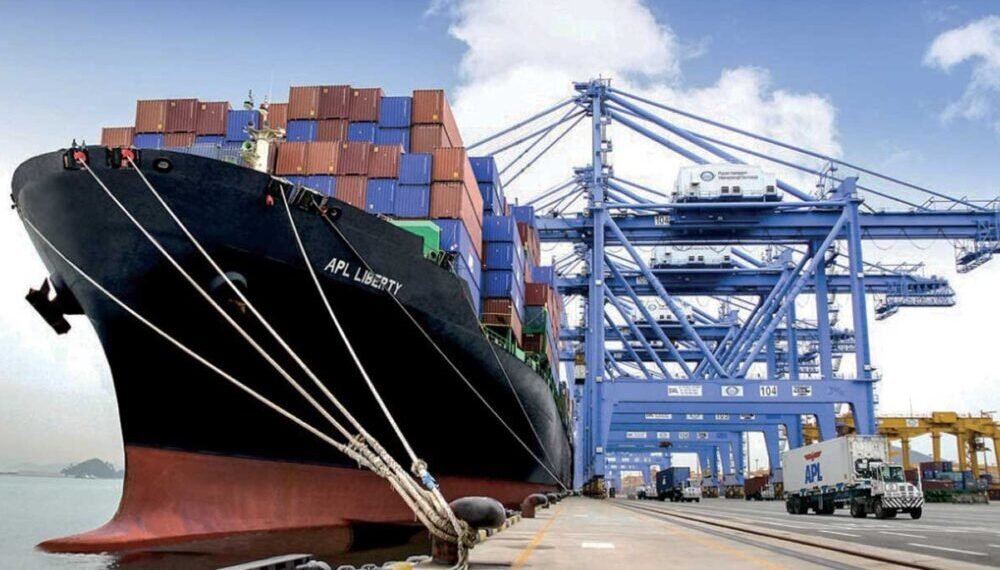An expert in maritime law, Emeka Akabogu, has faulted the non-disbursement of the Cabotage Vessel Financing Fund (CVFF), which has seen the maritime industry in Nigeria lose over $1trillion to foreign players in the local shopping industry when the industry is capable of generating N7trillion yearly.
Akabogu stated this recently in his presentation at the maiden interactive session with maritime stakeholders in Lagos, saying one of the principal mandates of the Nigerian Maritime Administration and Safety Agency (NIMASA) is to develop and implement policies and programmes aimed at facilitating growth of local shipping capacities.
He maintained that the industry can also adequately contribute to the nation’s Gross Domestic Product (GDP), adding that the maritime sector remains potentially the largest economic sector outside oil and gas.
Continuing, he argued that with Nigeria’s untapped blue economy potential, which has been valued at $296 billion, the sector could also generate no fewer than 2 million jobs over five years.
“Over the course of the last five years or so, the subject of ‘the blue economy’ has become very popular in Nigeria and severally adumbrated at diverse fora.
Read also: Nigeria, Chinese Customs sign pact on trade facilitation
This must have played a significant part in President Bola Ahmed Tinubu’s decision to create the Ministry of Marine and Blue Economy, a major milestone seen as the culmination of years of advocacy in the industry and welcomed by most Nigerians, especially in the Maritime sector.
“However, we must now go beyond the euphoria of the emergent semantics to interrogating the substance and charting an effective course for Maritime Nigeria. The blue economy incorporates everything we know and have been dealing with about the traditional maritime economy, in addition to the entirety of value accruable from all water-bodies,” he said.






